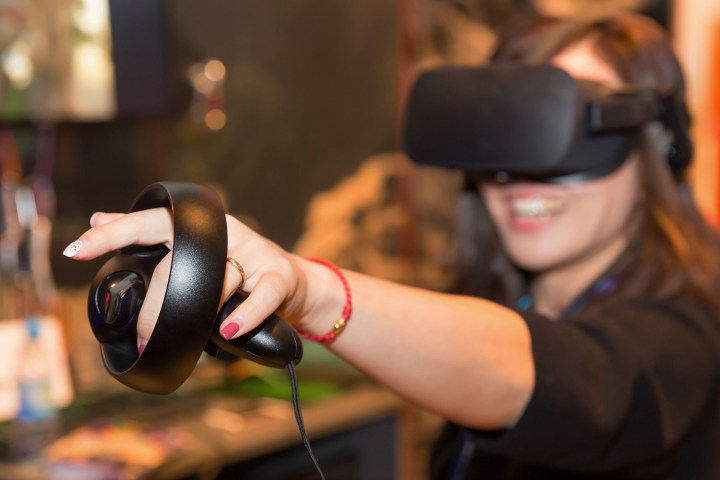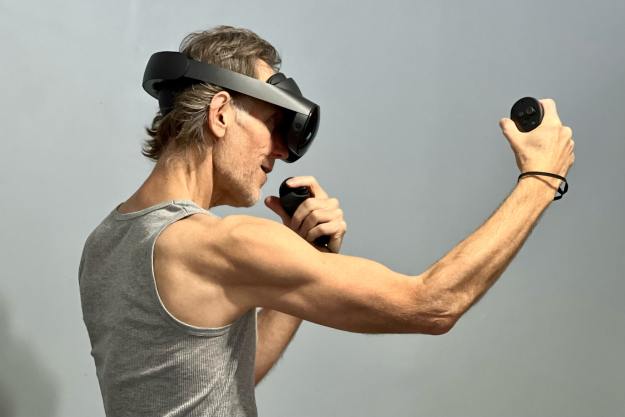
The VR Standards Initiative is an effort to define an open standard for access to modern VR devices. In theory, the project should make it easier for developers to treat VR as a platform, streamlining the process of releasing their content with support for different pieces of hardware.
The Khronos Group will take an active role in the development of APIs intended to help developers tackle the tracking of objects like headsets and controllers, and the integration of devices into a VR runtime.
The Khronos Group is an industry consortium that has been involved in the creation of open standard, royalty-free application programming interfaces since its formation in 2000. Standards spearheaded by the group include Vulkan, OpenGL, and WebGL.
“Khronos has been on the forefront of advanced graphics and system APIs for over 15 years, and in keeping with that tradition and obligation to the industry at large has embarked on a new, vitally needed set of APIs and standards for the emerging VR market,” said analyst Jon Peddie in the announcement posted to the Khronos website.
Following an exploratory phase intended to determine the scope of the project, Khronos plans to produce detailed proposals and designs illustrating its hopes for the initiative. The likes of AMD, ARM, Google VR, Nvidia, Oculus VR, and Valve have already pledged support for the prospect of an open standard.
Khronos encourages any interested company to contribute its voice to the development process and help to forge the future of VR. Information for potential participants is available via the consortium’s website.
Editors' Recommendations
- Apple’s Reality Pro headset is the VR industry’s ‘last hope’
- Apple’s second-generation VR headset is already in the works
- This microLED advancement is exactly what AR and VR needs
- Here’s why Apple’s VR headset may become an ‘expensive flop’
- This modular SteamVR controller fixes a major problem with VR controllers


